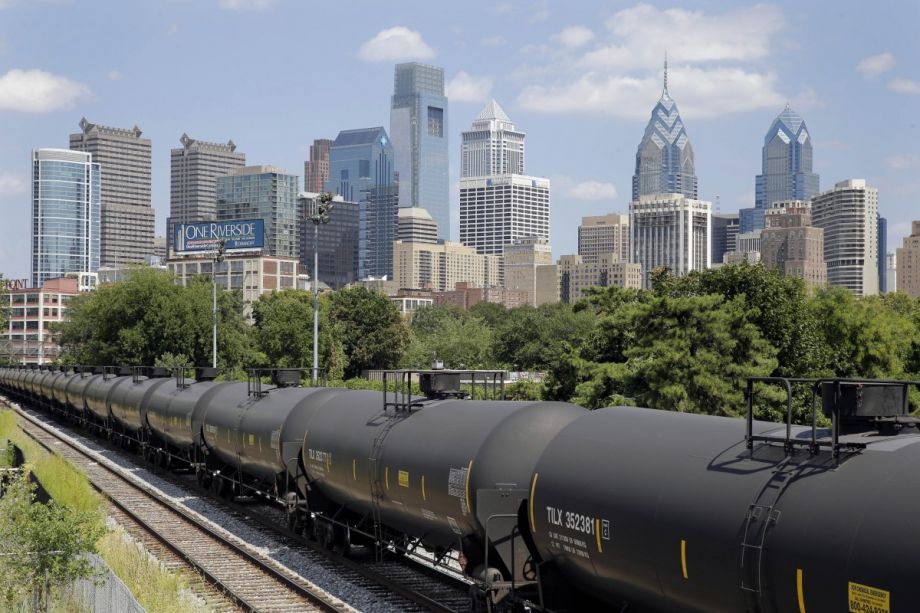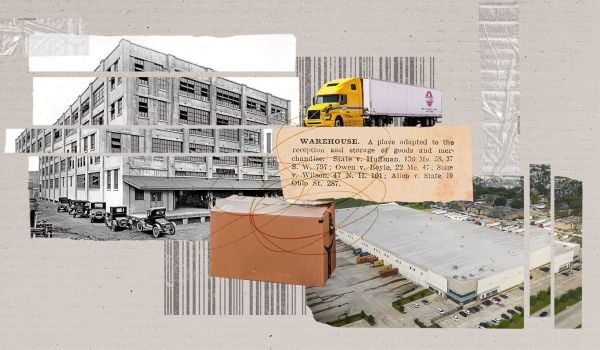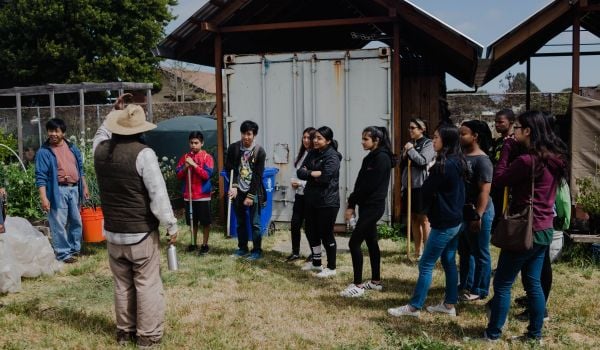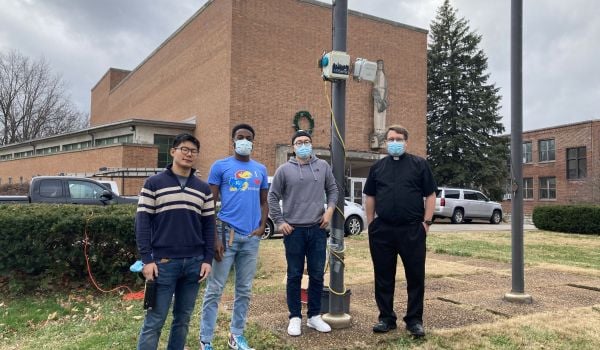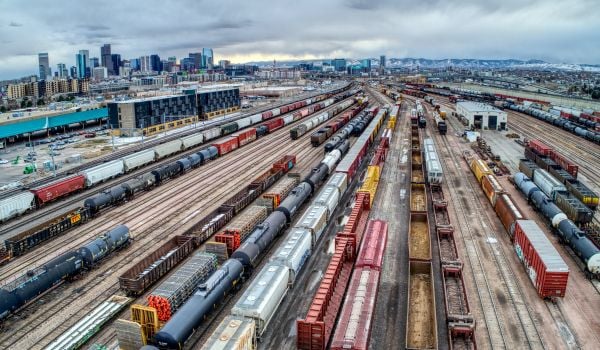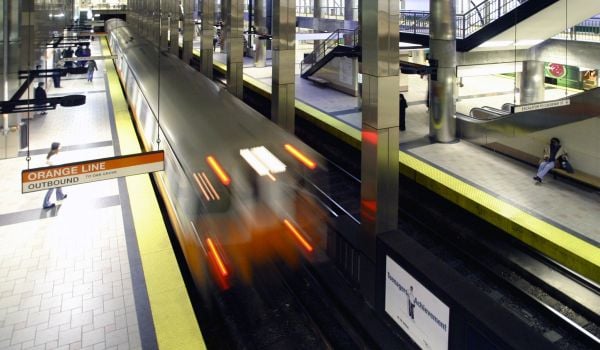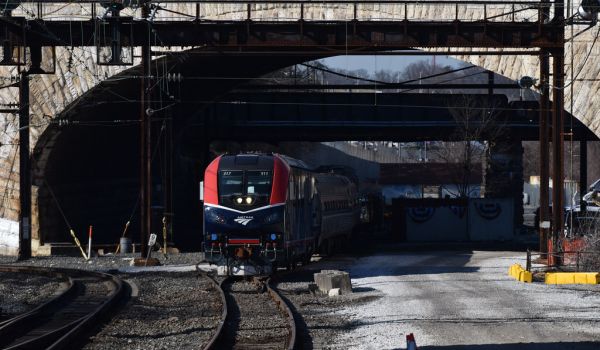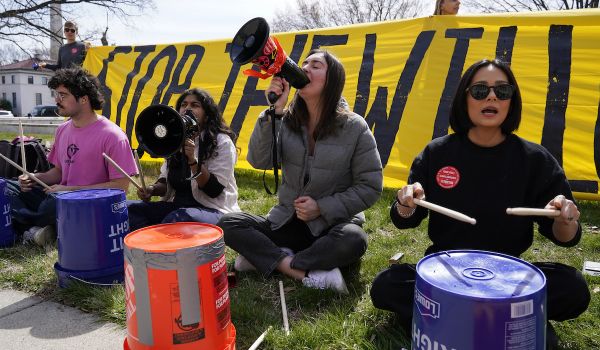After a half-dozen crashes this year, are cities doing enough to plan for disasters that could strike thanks to the rising number of oil tank cars traveling through major metros? A recent survey by the Associated Press looked at nearly a dozen urban areas regarding where they are when it comes to preparing for a dangerous incident like a derailment.
The cities surveyed were Chicago, Philadelphia, Seattle, Cleveland, Minneapolis, Milwaukee, Pittsburgh, New Orleans, Sacramento, Newark and Buffalo. Emergency officials across the various cities expressed awareness of the threat of more oil cars, but the level of preparedness vastly differed from city to city.
Those with already-developed safety plans, the AP reports, are Chicago, Cleveland, Seattle, Newark, New Orleans and Philadelphia, each at various levels of specificity — some are specific standalone plans, others are part of a larger infrastructure plans. Buffalo and Sacramento said there’s a goal to develop a safety plan.
As the Philadelphia Inquirer explains, “Before the rise of shale oil and the ethanol industry, hazardous materials were typically shipped in just a handful of cars in trains that hauled a variety of products. But the trains now passing through cities consist entirely of tank cars filled with flammable crude. These so-called unit trains offer increased efficiency but magnify the risk that hazardous materials will be involved in a derailment.
Last year, in “Oakland Jumps on Board With Calif. Cities Scrambling to Regulate Oil Trains,” Next City writer Rachel Dovey reported that “with its 18 petroleum refineries, California has seen a staggering 130-fold increase of crude oil coming in by rail … from 45,000 barrels in 2009 to six million in 2013. Most of it comes from the Bakken shale in North Dakota. This new Bakken crude is plentiful and cheap but has the unfortunate ability to explode into fireballs the size of thunderheads.”
Marielle Mondon is an editor and freelance journalist in Philadelphia. Her work has appeared in Philadelphia City Paper, Wild Magazine, and PolicyMic. She previously reported on communities in Northern Manhattan while earning an M.S. in journalism from Columbia University.
Follow Marielle .(JavaScript must be enabled to view this email address)

